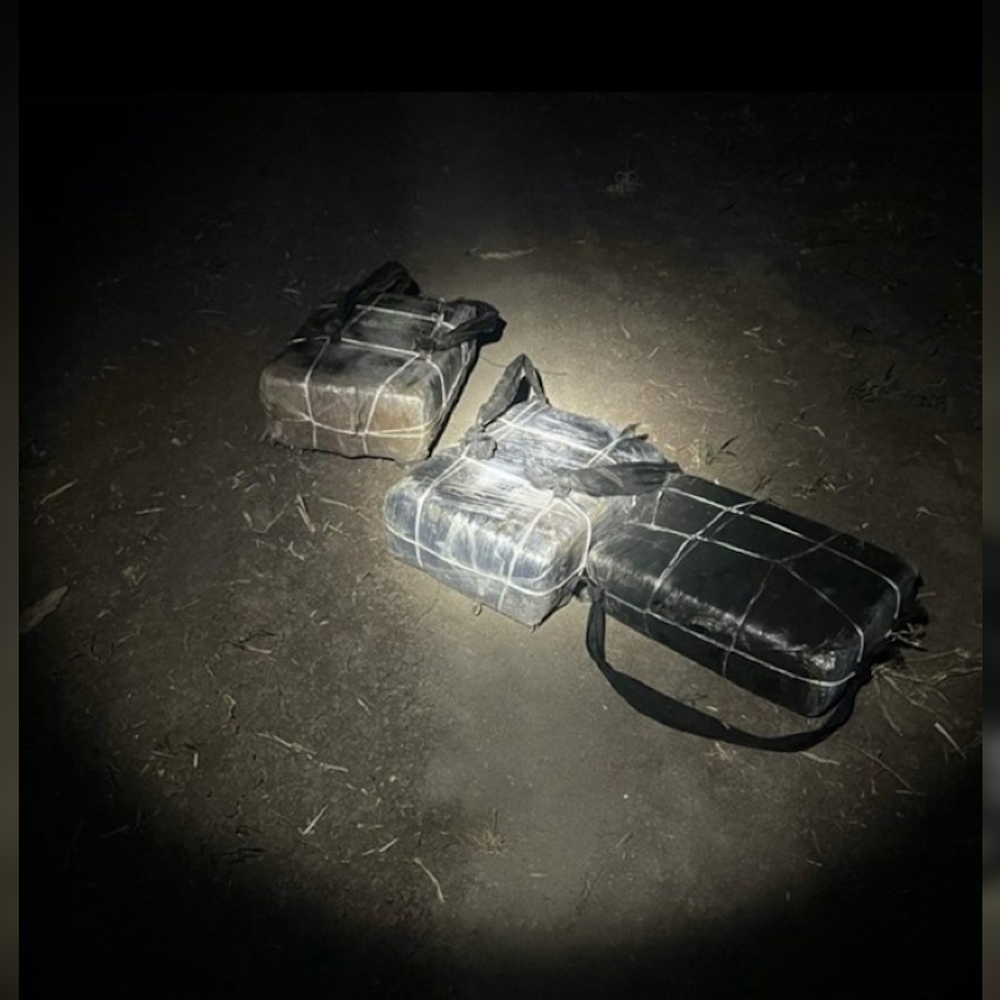
Tenants across Texas are finding their pockets picked by what some are calling "junk fees," a growing burden reflected in two recent studies hailing from the University of Texas. According to a detailed report by KXAN, Sanford Garrett, a 59-year-old visually impaired vet, has seen such fees—including mandatory valet trash and pest control charges—pile onto his lease over the past few years, with little to no option for opting out, and even though some of these services, like cable, he does not use nor want, with the charges sneaking into bills beyond the advertised rent.
These studies depict an unsettling trend in the Texas rental market where unexpected and often non-transparent fees are stretching household budgets to the breaking point, while unsuspecting renters like Rose Rios, who spoke to the Express-News, find themselves strapped with costs that weren't part of the initial deal. Rios had anticipated a jump in her housing expenses but was gobsmacked when the fees for services she would not use or did not need escalated her apartment costs to about $1,400 a month, she was expecting a two-bedroom apartment for around $1,100 instead, she found herself trapped in a situation where fees for a washer, dryer, and pest control—obligatory per her lease—had driven her costs up without her consent or prior knowledge.
The Housing Policy Clinic at the University of Texas, with Director Heather Way at the helm, hit out at the proliferation of these opaque charges suggesting they come in two flavors—mandatory recurring and non-recurring. Way told KXAN, "They’re becoming much more widespread and the level of junk fees is becoming quite alarming." The issue reaches further, with the report identifying some landlords in affordable housing programs using these fees to skirt rent restrictions, adding another layer of stress for tenants already stretched thin in Austin's rental market.
Seeking a solution to these rising costs, the UT report recommends greater transparency, urging that these fees should be disclosed upfront, and called for scrutiny of loopholes in housing programs that allow for such fees to escalate unchecked. Chris Newton of the Texas Apartment Association responded concerning a model lease designed to enhance transparency, which supposedly the U.S. Department of Housing and Urban Development has cited as an industry best practice, as it were nobody disputes that rental fees offset the cost of amenities but the tension is palpable when such fees seem to inflate beyond the actual value of the service or amenity provided.
Action at the state level has addressed similar conundrums, with legislation in states like Colorado and Minnesota reining in application fees and demanding clarity on lease agreements, a path that Texan policymakers may be wise to follow. For the many Texas renters caught in a web of fees, the UT study carries the promise of starting a much-needed dialogue around fair and transparent housing practices in the Lone Star State.









